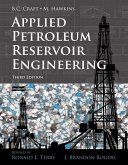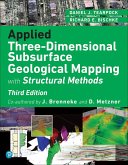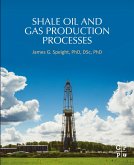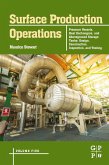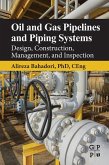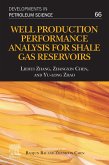Petroleum Production Systems, Second Edition, is the comprehensive source for clear and fundamental methods for about modern petroleum production engineering practice. Written by four leading experts, it thoroughly introduces modern principles of petroleum production systems design and operation, fully considering the combined behavior of reservoirs, surface equipment, pipeline systems, and storage facilities. Long considered the definitive text for production engineers, this edition adds extensive new coverage of hydraulic fracturing, with emphasis on well productivity optimization. It presents new chapters on horizontal wells and well performance evaluation, including production data analysis and sand management.
This edition features
- A structured approach spanning classical production engineering, well testing, production logging, artificial lift, and matrix and hydraulic fracture stimulation
- Revisions throughout to reflect recent innovations and extensive feedback from both students and colleagues
- Detailed coverage of modern best practices and their rationales
- Unconventional oil and gas well design
- Many new examples and problems
- Detailed data sets for three characteristic reservoir types: an undersaturated oil reservoir, a saturated oil reservoir, and a gas reservoir
Dieser Download kann aus rechtlichen Gründen nur mit Rechnungsadresse in A, B, BG, CY, CZ, D, DK, EW, E, FIN, F, GR, HR, H, IRL, I, LT, L, LR, M, NL, PL, P, R, S, SLO, SK ausgeliefert werden.



